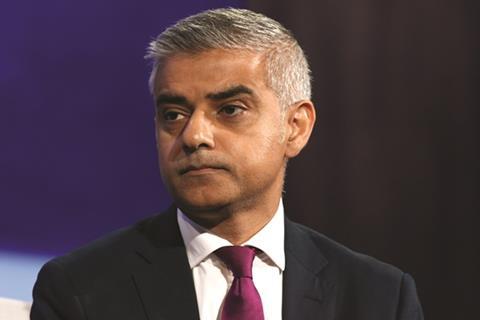
The FTA has welcomed news that London’s T-Charge will commence on 23 October, providing a level playing field for all road users.
Natalie Chapman, FTA’s head of policy for London, said: “It is incumbent on all of London’s road users to work together to reduce emissions in the capital, to help improve the city’s air quality.
“The freight industry has been meeting tougher emissions standards for nearly ten years, with transport companies complying with the Low Emission Zone.
“The announcement brings cars and the small minority of older more polluting vans and trucks into line with the LEZ requirements, and will undoubtedly benefit Londoners in health terms.”
London’s T-Charge will take the daily charge for non-compliant vans and trucks travelling into the capital to £21.50.
Regular visitors into central London are likely to comply with the emissions surcharge as it is set at the same Euro-4 and above level for HGVs as London’s Low Emission Zone (LEZ) is.
However, those running older vans face a step up from the LEZ’s Euro-3 requirement to Euro-4.
Unlike the LEZ, cars are included in the T-Charge and will need to be Euro-3 or above.
Non-compliant vehicles face a £10 penalty on top of the £11.50 Congestion Charge Zone fee. TfL has said the vast majority of pre-2006 vehicles will face paying the charge – around 10,000 vehicles.
The T-Charge will operate in the same area and Monday to Friday operational window as the Congestion Charge Zone.
However, the FTA is concerned about the implications of the planned Ultra-Low Emission Zone (ULEZ) in the capital.
“The ULEZ is going to have a far bigger impact on the freight industry as a whole, especially if the mayor (Sadiq Khan, pictured) decides on an earlier start date than the original plan of 2020 and widens out the geography of the zone beyond the Congestion Charge area.
“FTA is particularly concerned about the effect its introduction will have on van operators, not least because the new Euro-6 – the ULEZ standard – was introduced for new vans registered from last September.
“This means that vans which are little more than two years old could be banned from the capital’s roads, which will put a strain on London’s supply chain and cause financial hardship for many SMEs across the region.
Under current proposals, vans and lorries entering the ULEZ will need to be Euro-6 to avoid paying a daily charge of £12.50 (vans) and £100 (HGVs). The ULEZ will be in operation 24/7.














